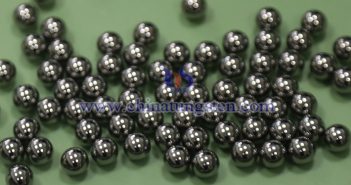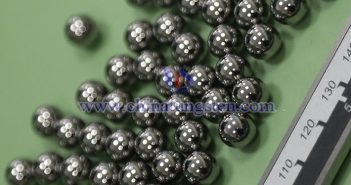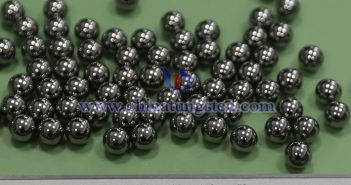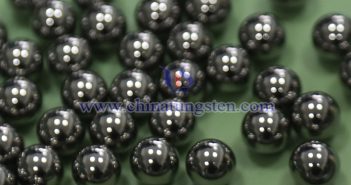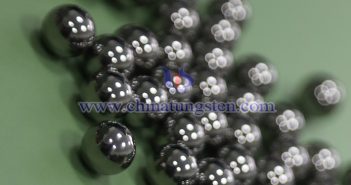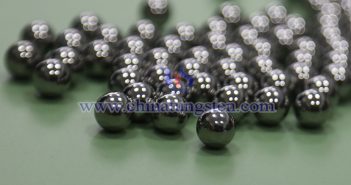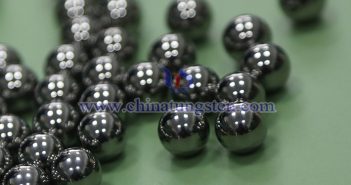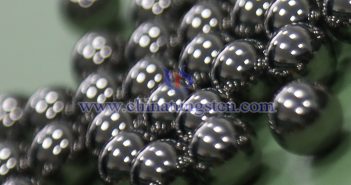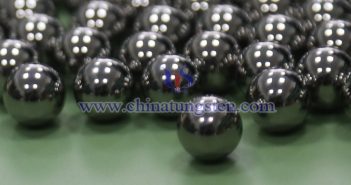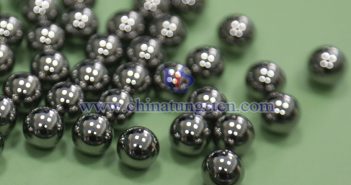
With their high hardness, wear resistance, and precision characteristics, tungsten carbide balls are indispensable components in precision instruments. Advances in their manufacturing processes and expanding application areas will further drive the development of related industries. 1. Characteristics of Tungsten Carbide Balls High Hardness and Wear Resistance: With hardness approaching that of diamond, tungsten carbide balls withstand intense friction and wear, ideal for long-term operation in precision components. High Strength and Compressive Resistance: Their compressive strength exceeds 6000 MPa, suitable for…

